- The steps to build your offshore team in India are defining goals and roles, selecting the hiring model, choosing the city, recruiting and onboarding talent, setting up processes and tools, and integrating the team.
- Building an offshore team in India delivers exceptional value with 1.5 million engineers graduating annually, offering 50-70% cost savings compared to Western countries plus time zone advantages for near 24/7 development cycles.
- The best practices for successfully building offshore team in India are setting outcome-driven KPIs, maintaining daily time zone overlap, strengthening onshore-offshore relationships, and avoiding cost-only decisions, weak coordination, and overlooked legal or compliance risks.
- Key compliance requirements include compliant employment contracts, 12% Provident Fund contributions, ESI for eligible employees, TDS withholding, gratuity obligations including fixed-term eligibility, mandatory state registrations & structuring to avoid Permanent Establishment tax risk.
Need help with setting up an offshore team in India? Contact Us Today!
Discover how Wisemonk creates impactful and reliable content.
Building an offshore team in India means hiring and managing skilled professionals who operate as an extension of your company. For many global founders, the real goal is not just to hire faster, but to build a dedicated offshore team in India that stays aligned with product goals, culture, and execution standards.
As highlighted in real-world discussions on Stack Exchange, many global businesses go offshore not just to reduce costs or speed up hiring, but because poorly structured offshore setups often fail due to unclear requirements, weak local leadership, and limited real-time collaboration. This makes choosing the right hiring model and the right execution partner critical from day one.
This guide explains why India remains the leading offshore destination, the models you can choose, the compliance factors to watch, and how to set up and scale your offshore team successfully.
Why should you set up an offshore team in India?[toc=Why India is Ideal Destination]
If you’re a global business looking to build dedicated offshore team setup in India, the biggest reasons are access to a massive pool of skilled developers, significant cost savings, and the ability to accelerate project timelines without compromising quality. India has become the global hub for offshore software development because it offers both scale and depth of talent at competitive rates.
From our experience helping companies worldwide, here’s why India stands out:
- Global talent pool at scale: India produces over 1.5 million engineers annually (AICTE, 2024), giving businesses an unmatched choice of skilled developers, project managers, and dedicated teams for software development projects.
- Cost efficiency without compromise: Development costs in India are 50–70% lower compared to Western countries, while maintaining high-quality outputs through specialized offshore development centers.
- Mature offshore ecosystem: Thousands of offshore development companies and dedicated offshore development centers (ODCs) operate in India, offering everything from software development services to stringent security protocols for global businesses.
- Time zone advantage: With a 9–12 hour difference from North America and Europe, your offshore team in India can extend project progress into a near 24/7 cycle, reducing technical debt and accelerating project timelines.
- Proven offshore success stories: Companies like Microsoft, Google, and countless startups have already built dedicated offshore teams in India, leveraging the country’s cost-effective solutions and competitive advantage.
According to Deloitte’s Global Outsourcing Survey, 59% of businesses outsource to cut costs, and India consistently ranks as the top offshore development destination thanks to its skilled workforce and cost effectiveness.
How to set up an offshore team in India?[toc=How to Set Up]
To build your offshore team in India, you need a structured approach: define goals, choose the right model, pick a trusted partner, and set up strong processes for collaboration. A clear roadmap ensures you avoid compliance headaches and get your offshore software development team up and running smoothly.
These are the essential procedures for properly establishing an offshore team, based on our experience assisting multinational corporations with EOR services, payroll management, compliance, and HR operations in India.
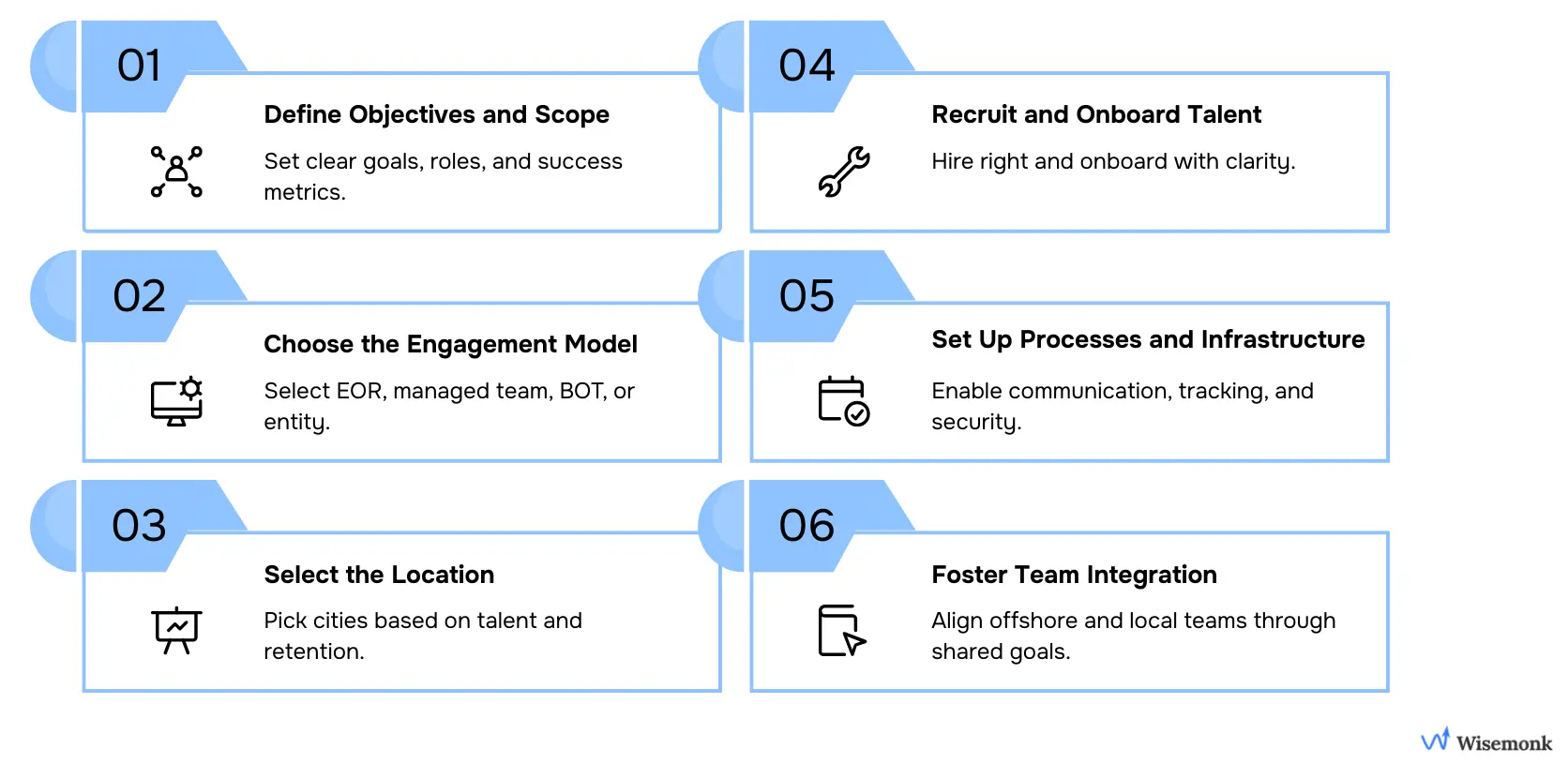
Step 1: Define Your Objectives and Scope
Before hiring in India, it’s worth slowing down and getting precise about what you want to build and why. Many outsourced teams struggle not because of skill gaps, but because goals, ownership, and expectations were never clearly articulated.
- Business objective: Clearly outline whether the offshore team is meant to improve cost effectiveness, reduce operational costs, accelerate delivery timelines, expand capacity, or access specialized skills, so every decision aligns with a clearly defined outcome.
- Team scope: Define exact roles, seniority levels, and responsibilities early to ensure the hired team understands ownership clearly and avoids confusion once the local team begins executing work.
- Engagement horizon: Decide whether the offshore setup supports short-term execution or long-term capability building, since this directly impacts hiring models, compensation structures, and leadership investment.
Teams that start with clarity build efficient offshore teams faster. Clear objectives help the offshore team understands priorities early, reduce rework, and create mutual understanding between onshore stakeholders and the local team.
Step 2: Choose the Right Engagement Model
This choice shapes everything that follows, from hiring speed and operational costs to compliance exposure and long-term flexibility. There’s no universally right answer, only the model that best fits your growth stage and risk tolerance.
- Employer of Record (EOR): An Employer of Record legally employs your India-based team while you retain control over daily work, priorities, and performance. The EOR manages payroll, statutory benefits, compliance, and HR administration locally.
- Dedicated Offshore Development Center (ODC): A Dedicated Offshore Development Center is a long-term, exclusive team built specifically for your company, operating as a true extension of your internal operations. The team follows your processes, tools, and delivery standards.
- Build Operate Transfer (BOT): In a Build Operate Transfer model, a partner establishes the offshore team, infrastructure, and operations, runs them initially, and then transfers ownership to your company once the setup stabilizes.
- Local Entity (Subsidiary): Setting up your own subsidiary in India gives you full control over hiring, payroll, IP, and company culture. You directly employ staff and manage all statutory and regulatory obligations.
The right model keeps offshore hiring predictable and calm. The wrong model amplifies friction, increases operational costs, and makes scaling harder than it needs to be.
Step 3: Select the Right Location
India is not a single talent market. Each city presents different trade-offs across cost, talent availability, infrastructure, and retention, all of which influence long-term offshore success.
- Bangalore: Offers deep startup and product talent, but higher salaries, intense competition, and elevated attrition that require stronger retention planning.
- Hyderabad & Pune: Provide strong enterprise and SaaS talent with reliable infrastructure, balanced costs, and more predictable retention for growing offshore teams.
- Chennai: Known for disciplined engineering talent, lower attrition, and stability, making it attractive for teams prioritizing consistency and long-term retention.
Location choices compound over time. The right city improves retention, stabilizes operational costs, and helps efficient offshore teams scale without constant rehiring.
Step 4: Recruit and Onboard Talent
Offshore hiring works best when clarity outweighs volume. The goal is to build a hired team that communicates clearly, takes ownership, and integrates smoothly with your internal stakeholders.
- Recruitment channels: Use local recruiters, EOR partners, or curated networks to filter noise and identify candidates who communicate well and adapt quickly to distributed work environments.
- Interview focus: Emphasize problem-solving, accountability, and communication skills, as these traits matter more than narrow specialization in outsourced team setups.
- Onboarding structure: Design onboarding to set expectations around delivery standards, communication tools, workflows, and escalation paths from the very first week.
Strong onboarding accelerates productivity and builds early trust. It ensures the offshore team understands expectations clearly and reduces friction caused by cultural differences later.
Step 5: Establish Clear Processes and Infrastructure
Most offshore issues stem from unclear systems, not distance. Well-defined processes and infrastructure create visibility, accountability, and smoother collaboration.
- Communication: Establish daily overlap hours, structured stand-ups, frequent demos, and reliable communication tools to maintain effective communication across time zones.
- Project management: Use platforms like Jira or Trello to document scope, track progress, and make work transparent instead of relying on verbal updates.
- Legal and security: Implement NDAs, IP clauses, secure access controls, and VPNs to protect data and meet global security expectations.
Clear processes reduce misunderstandings and strengthen mutual understanding. This is how efficient offshore teams stay aligned and avoid last-minute delivery surprises.
Step 6: Manage and Foster Integration
Offshore teams perform best when they are treated as part of the company, not as an external outsourced team. Integration drives accountability, motivation, and retention.
- Team inclusion: Promote shared goals, transparent communication, and consistent feedback so the local team feels ownership over outcomes, not just assigned tasks.
- Cultural alignment: Invest time in navigating cultural differences and encourage two-way learning rather than expecting one-sided adaptation.
- Growth paths: Provide training, leadership opportunities, and clear progression so offshore employees see long-term careers, not temporary engagements.
When integration is done right, geography fades into the background. Strong relationships, trust, and shared context are what ultimately make offshore teams successful.
💡 Expert Insight: Companies that follow a structured offshore setup process report up to 30% faster project timelines and better outcomes compared to ad-hoc outsourcing (PwC Global Sourcing Report, 2024).
What are the best practices for building an offshore team in India?[toc=Best Practices]
Building an offshore team works best when you set the right guardrails early. These best practices focus on reducing early execution risk and creating the foundation for managing offshore development teams smoothly from day one.
- Focus on outcomes, not activity: Define clear success metrics and ownership upfront so the offshore team effectively understands priorities and delivers results, rather than optimizing for tasks or hours across remote teams.
- Maintain intentional time overlap: Plan consistent daily overlap to manage time zone differences, enable faster decisions, and support successful offshore team collaboration between offshore and onshore teams.
- Invest in relationships early: Wherever possible, arrange periodic visits between onshore and offshore teams to build trust, improve context sharing, and strengthen collaboration beyond screens and status calls.
- Set communication expectations upfront: Clearly define how decisions are made, how blockers are raised, and how feedback flows to avoid misunderstandings when managing offshore teams across remote setups.
- Avoid cost-only decisions: Optimizing purely for low cost often creates long-term delivery and compliance risks that make managing offshore development teams harder and slow down execution later.
Strong early practices make managing offshore teams far more predictable. When communication, trust, and expectations are set upfront, offshore teams integrate faster and collaboration between offshore and onshore teams becomes noticeably smoother.
What legal, tax, and compliance issues should you watch out for?[toc=Legal and Compliance]
Setting up an offshore team in India requires navigating a modern but evolving compliance framework. With India consolidating over 29 central labor laws into four unified labor codes, global employers must align employment structures, payroll, and HR practices with the latest legal requirements from day one.
Below are the key compliance areas you should actively manage.
.webp)
1. Employment Laws and Contracts (Labor Codes)
Employment relationships in India are now primarily governed by the Code on Wages (2019), Industrial Relations Code (2020), Code on Social Security (2020), and the OSHWC Code (2020). Every offshore team member should have a written employment contract defining role, wages, notice periods, termination terms, and statutory benefits aligned with these codes.
Non-compliant contracts increase exposure to disputes, reinstatement orders, and penalties under the new enforcement framework.
Read more: Labor Laws in India: What Global Employers Should Know 2026
2. Payroll Taxes, Wage Structure, and Withholding
Employers must deduct Tax Deducted at Source (TDS) from salaries and remit it monthly. Under the Code on Wages, India now enforces a uniform wage definition, requiring at least 50% of total compensation to be basic pay, DA, or retaining allowance.
This directly impacts payroll costs by increasing statutory contributions such as PF, ESI, and gratuity, making wage structuring a critical compliance decision.
3. Employees’ Provident Fund (EPF)
EPF applies to establishments with 20 or more employees and is mandatory for eligible workers. Both employer and employee typically contribute 12% of basic wages and DA.
Under recent clarifications:
- International Workers are covered regardless of salary
- Fixed-term employees are fully eligible
- Once applicable, EPF coverage continues even if headcount later drops
4. Employees’ State Insurance (ESI)
ESI applies to establishments with 10 or more employees for workers earning up to ₹21,000 per month (₹25,000 for employees with disabilities). Employer and employee contributions fund medical care, disability coverage, and maternity benefits.
The Code on Social Security has expanded coverage and strengthened enforcement, making ESI compliance increasingly important for offshore teams.
5. Gratuity Obligations
Gratuity is payable to employees upon exit as a long-term service benefit. While traditionally applicable after five years, the Code on Social Security now makes fixed-term employees eligible after one year of service.
Gratuity is calculated as 15 days’ wages per completed year, and companies building long-term offshore teams must provision for this growing liability.
6. Workplace Registration and OSH Compliance
All offices must register under the state-specific Shops and Establishments Act, but working hours, overtime, safety standards, and women’s night-shift employment are now primarily governed by the OSHWC Code.
Key requirements include:
- 8-hour workday, 48-hour workweek
- Overtime paid at double wages
- Mandatory health and safety standards
- Consent-based night shifts for women with safety measures
7. Permanent Establishment (PE) Risk
If offshore employees exercise managerial authority, negotiate contracts, or contribute directly to revenue generation, foreign companies may trigger Permanent Establishment (PE) exposure in India.
This can result in Indian corporate tax liabilities. Using an Employer of Record (EOR) or structured offshore model helps ring-fence this risk.
8. Data Protection and Security
While India’s Digital Personal Data Protection Act is evolving, global employers must still comply with international frameworks such as GDPR, HIPAA, and SOC standards.
Strong NDAs, IP clauses, access controls, VPNs, and role-based permissions are essential to protect sensitive data and client information.
💡 Expert Insight: According to EY, over 40 percent of global companies expanding into India face compliance challenges due to PF, ESI, and labor law complexities. Having a local compliance expert or offshore partner can help avoid costly mistakes.
How can you recruit and retain top talent in India?[toc=Recruiting Top Talent]
To build your offshore team in India successfully, you need to attract skilled developers and keep them motivated for the long haul. Recruitment is about more than posting jobs; it’s about tapping into the right channels and creating a work culture that makes your offshore team members want to stay.
1. Use Proven Recruitment Channels
- Job Portals: Platforms like Naukri.com, Indeed India, and LinkedIn are leading sources for software development and project management roles.
- Talent Networks: Many offshore development companies have pre-vetted pools of skilled developers ready to join dedicated offshore development teams.
- Specialized Recruiters: Partnering with local agencies or EOR providers like Wisemonk helps you find niche talent faster, especially for technical development projects.
2. Offer Competitive Compensation
Salary expectations in India vary by role and city. For example:
- Software developers with 3–5 years of experience earn an average of INR 8–15 lakhs per year (approx. USD 10K–18K).
- Senior developers and project managers can command INR 20–35 lakhs per year (USD 24K–42K).
Offering competitive pay aligned with market standards ensures you attract top talent from the global talent pool.
3. Provide Clear Career Growth
Retention is easier when offshore team members see a future. Offer:
- Training and development programs
- Opportunities to lead parts of the development process
- Performance-based promotions and salary hikes
4. Build a Strong Company Culture
Your offshore team in India should feel like an extension of your onshore team. Use collaboration tools like Slack or Microsoft Teams to integrate daily workflows and encourage seamless collaboration.
- Regular team building activities (both virtual and in-person)
- Open communication to avoid communication gaps
- Recognition programs to keep the team motivated
5. Focus on Retention Levers
- Offer flexible work arrangements for remote teams
- Provide health insurance and retirement benefits (through PF and gratuity)
- Maintain transparent communication around business goals and project timelines
How can you scale and optimize your offshore team over time?[toc=Scaling Your Offshore Team]
Once your offshore team in India is established, the next challenge is scaling it without losing efficiency. Scaling is not just about adding more offshore developers, it’s about optimizing processes, maintaining culture, and ensuring cost effectiveness while supporting your business goals.
1. Standardize Processes Early
- Document workflows, coding standards, and business processes.
- Use project management software like Jira or Asana to create repeatable systems for new offshore team members.
- This minimizes technical debt and accelerates onboarding of future team members.
2. Build Leadership Within the Offshore Team
- Promote experienced offshore developers into lead roles or project managers.
- Local leadership reduces reliance on onshore managers and helps in successful offshore team management.
- Leaders on the ground ensure quicker decisions and smoother collaboration.
3. Optimize Communication Structure
- As your dedicated development team grows, avoid overwhelming the onshore team with direct communication.
- Create pods or sub-teams managed by project managers to streamline updates.
- This ensures project progress remains clear and organized even with larger offshore development teams.
4. Invest in Training and Development
- Upskill your offshore software development team with regular training in new technologies.
- Provide access to global certifications and learning resources.
- Skilled developers who grow with your company are more likely to stay long-term.
5. Monitor KPIs and Performance Metrics
- Track delivery timelines, code quality, and cost efficiency with measurable KPIs.
- Use project management platforms to generate performance reports and identify areas for optimization.
- Regular reviews help keep your offshore team motivated and aligned with company goals.
6. Expand Gradually with a Strategic Plan
- Don’t scale too fast without ensuring collaboration tools, security, and compliance are ready.
- Consider transitioning from a dedicated offshore development team to a full offshore development center if your growth requires larger teams and more infrastructure.
- Partnering with the right offshore development company can make scaling smoother.
Scaling a remote offshore team is about building systems, empowering local leaders, and tracking performance. With the right strategy, you can expand seamlessly while keeping your offshore team efficient, motivated, and aligned with your business goals.
How does Wisemonk help in building your offshore team in India?[toc=How Wisemonk helps]
Wisemonk is a leading Employer of Record (EOR) service provider in India, dedicated to helping global businesses smoothly build & manage their offshore teams. Our expertise lies in simplifying the complexities of offshore team setup, ensuring smooth compliance with local labor laws, and providing reliable support so you can focus on driving your software development projects and business goals.
Additionally, Wisemonk manages $20M+ in payroll, supports 300+ global companies, and oversees HR operations for more than 2,000 employees across India.
Key Features of Wisemonk:
- Thorough Candidate Screening: We take care of resume shortlisting, skill assessments, and background verification so you receive only the most qualified and reliable candidates.
- Fast Onboarding: Our efficient processes allow us to onboard new hires within 48 hours, ensuring your projects start on time and without delays.
- Complete Compliance: We handle all statutory documentation, payroll, and legal requirements, so every hire is fully compliant with Indian labor laws.
- Transparent and Predictable Pricing: Our clear, upfront pricing model ensures you always know your costs, with no hidden charges or surprises.
- Ongoing Local Support: Our India-based HR experts provide continuous support to both you and your employees, ensuring smooth transitions and high retention.
Client review/feedback:
“What I really like most about Wisemonk is their support and the overall onboarding experience. They make sure to setup everything on time and they even helped me with equipment and software setup. Their platform has all the features a company need to manage their remote team. It's been a pleasant experience so far.”
— Subhash S.
Operations Manager
Read the full review on G2 →
“I'm impressed by the high-quality individuals they're able to bring to the table.”
— Dan Sampson
VP of Engineering, Cobu
Read the full review on Clutch →
Beyond core EOR services, we also offer comprehensive solutions, including HR outsourcing, company registration, background verification checks, Global Capability Center (GCC) setup, and global expansion support, making us your trusted partner for scaling your workforce internationally with confidence and ease.
Work with a reliable offshore partner in India while Wisemonk handles compliance and payroll. Schedule a consultation today.
Frequently asked questions
How long does it take to build an offshore team in India?
Building an offshore team in India typically takes two to four weeks. Timelines depend on role complexity, team size, hiring model, and onboarding readiness, including contracts, payroll setup, and access to tools required for the team to start working productively.
What is the offshore developer rate in India?
Offshore developer rates in India generally range from $15 to $50 per hour, depending on experience, skills, location, and engagement model. Rates vary significantly between junior, mid-level, and senior engineers and can differ across major Indian tech hubs.
How do you hire an offshore development team in India?
Hiring an offshore development team in India involves defining requirements, selecting a suitable hiring model, sourcing candidates through partners or local channels, conducting structured interviews, and onboarding with clear expectations, workflows, and communication processes to ensure smooth collaboration from day one.
How do you manage an offshore team effectively?
Managing an offshore team effectively requires clear ownership, outcome-driven goals, regular communication, and defined processes. Successful teams maintain consistent time overlap, use reliable collaboration tools, document decisions, and create feedback loops to prevent misunderstandings and execution delays.
How can onshore and offshore teams collaborate better?
Onshore and offshore teams collaborate better when expectations are clearly defined, communication is frequent, and time zone overlap is planned. Regular check-ins, shared goals, transparent project tracking, and early clarification of requirements help reduce friction and improve cross-team trust.
What are the biggest risks when building an offshore team in India?
The biggest risks include unclear requirements, weak local leadership, compliance gaps, poor communication, and over-optimizing for cost. These issues can lead to delivery delays, attrition, or legal exposure if not addressed early through the right hiring model and processes.
Which offshore hiring model works best for early-stage versus scaling companies?
Early-stage companies often benefit from flexible models like Employer of Record or managed teams for speed and lower risk. Scaling companies typically prefer dedicated offshore teams, BOT models, or local entities to gain more control, continuity, and long-term operational efficiency.
.webp)

.webp)
.webp)

.webp)
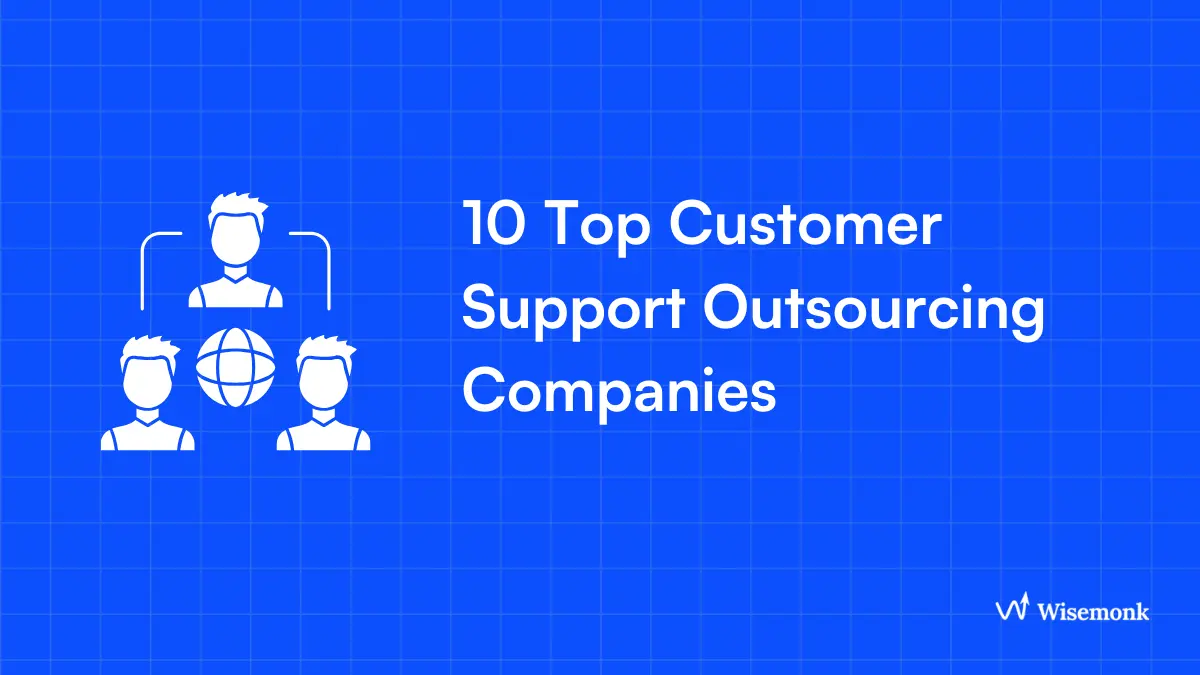
.png)



.webp)
.webp)

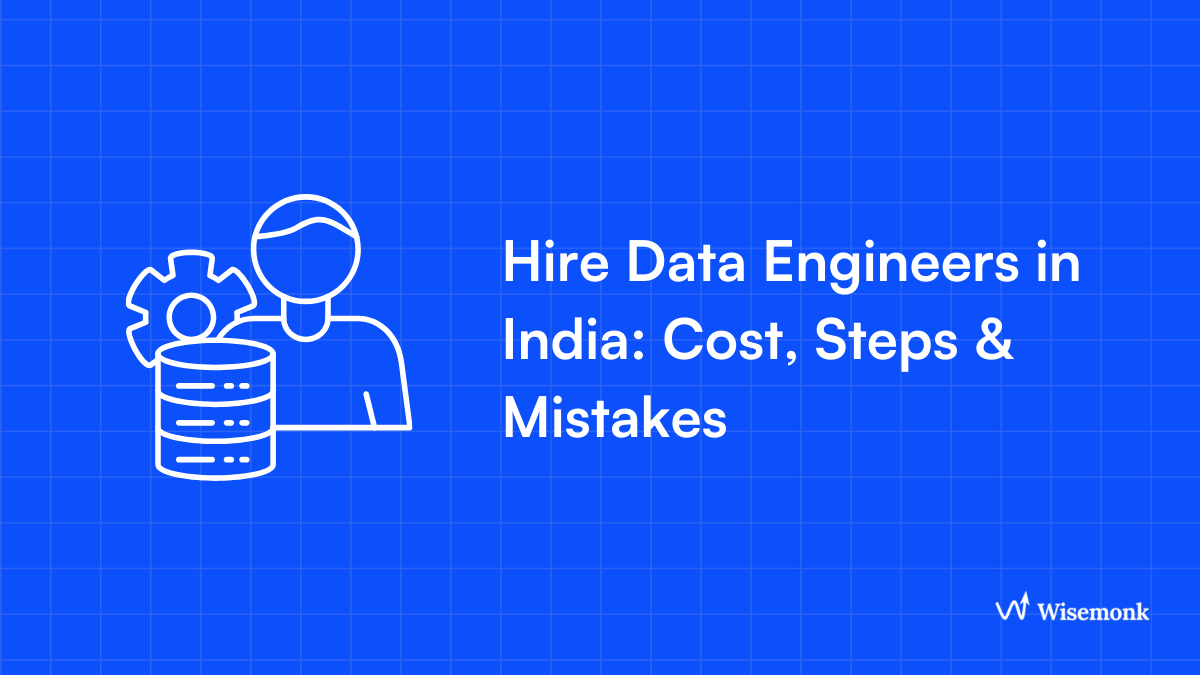
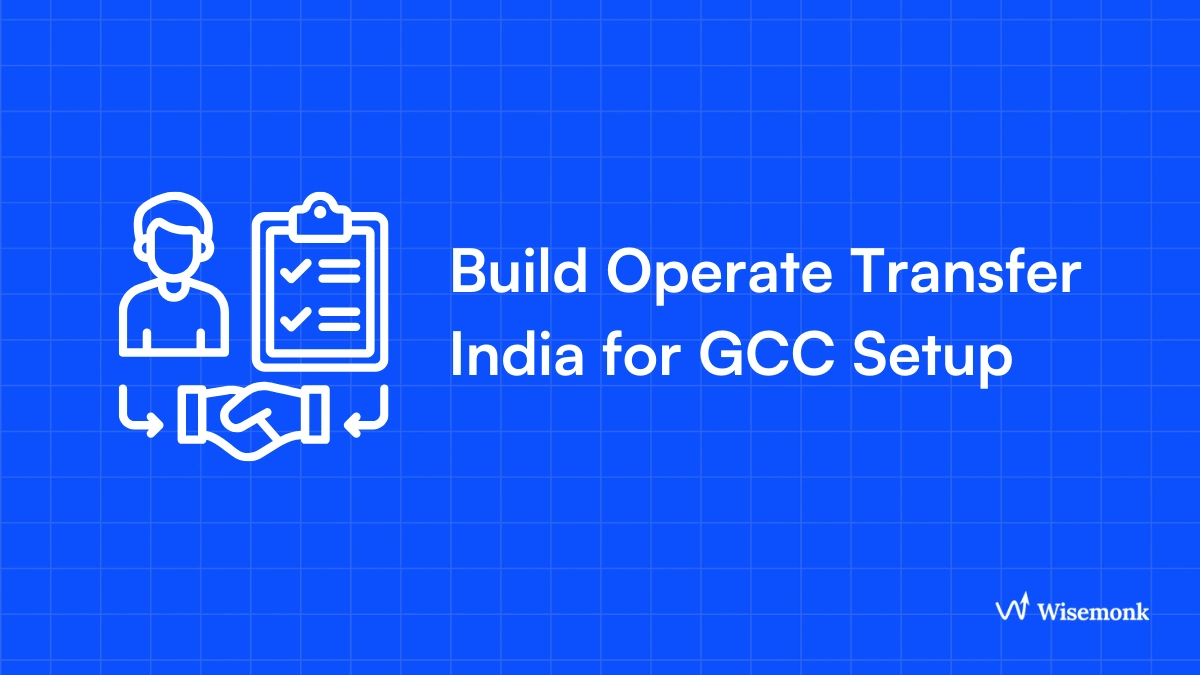

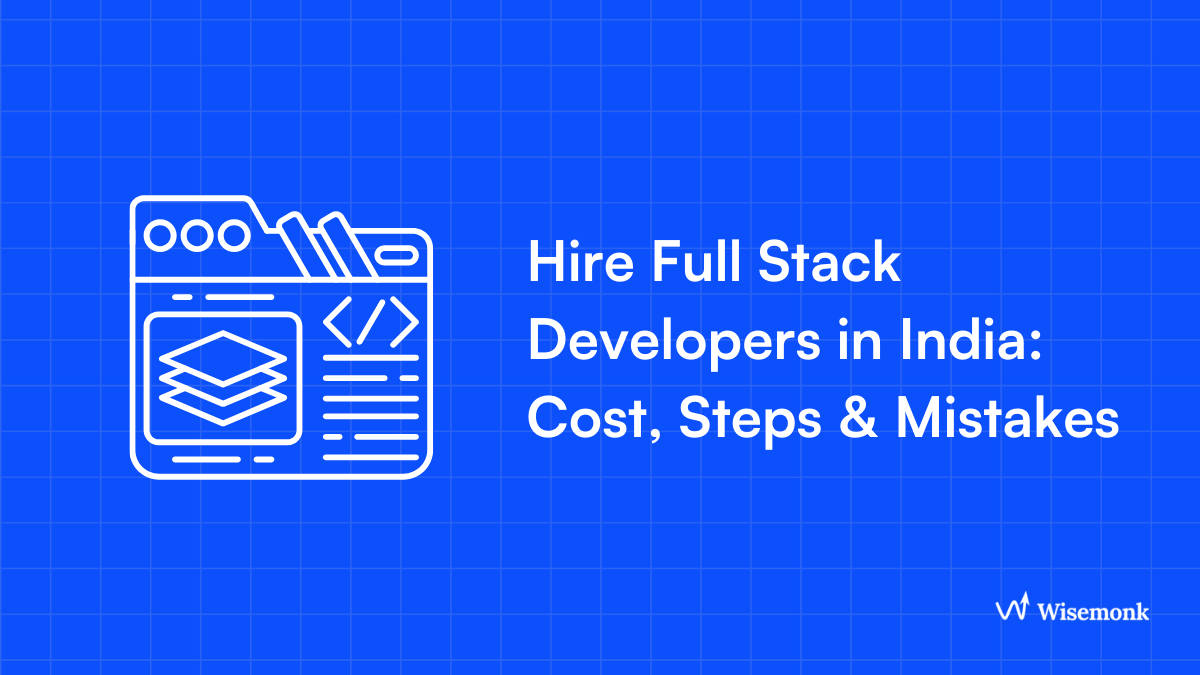

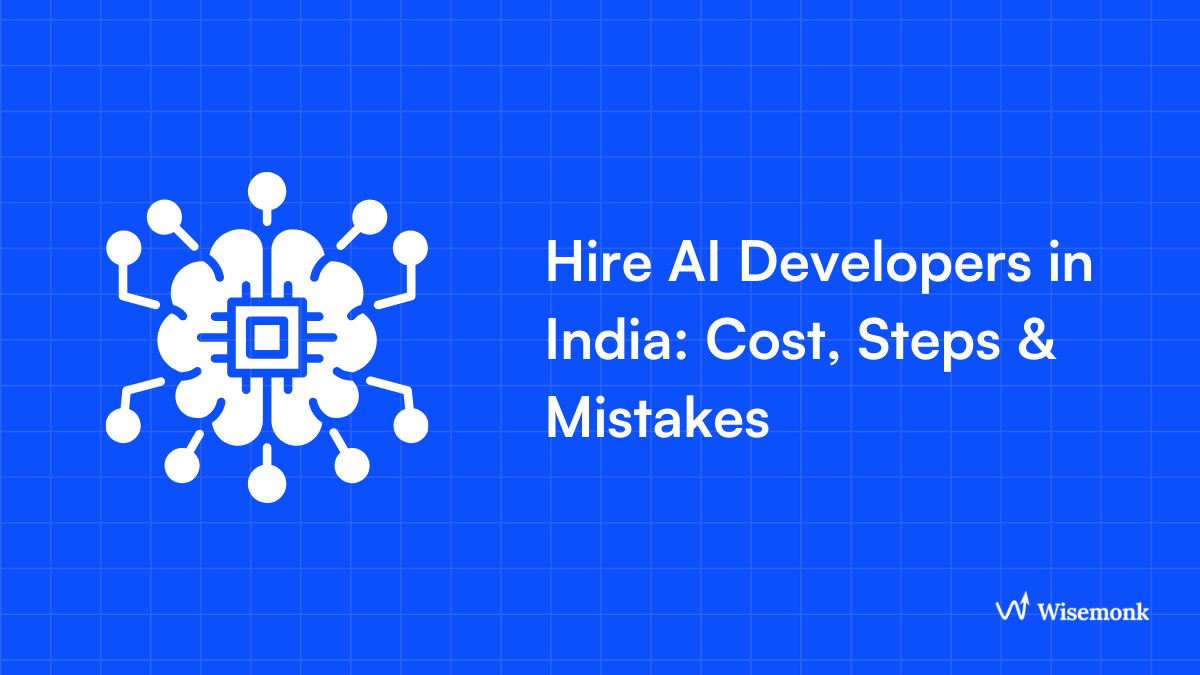
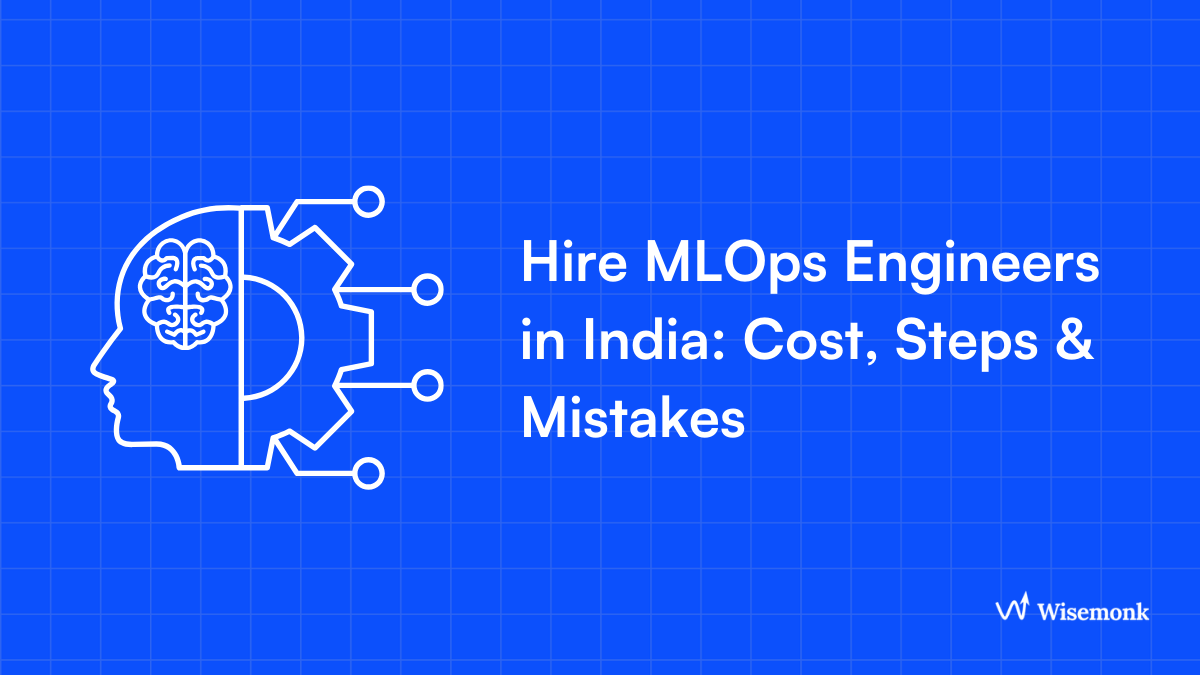
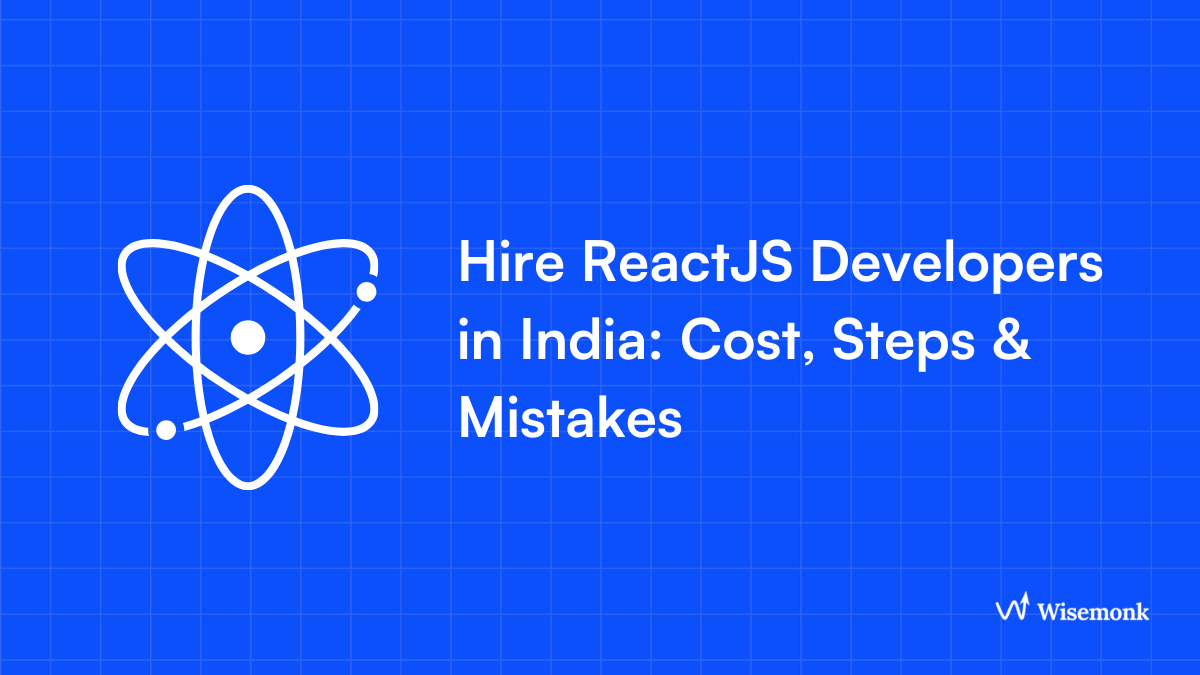
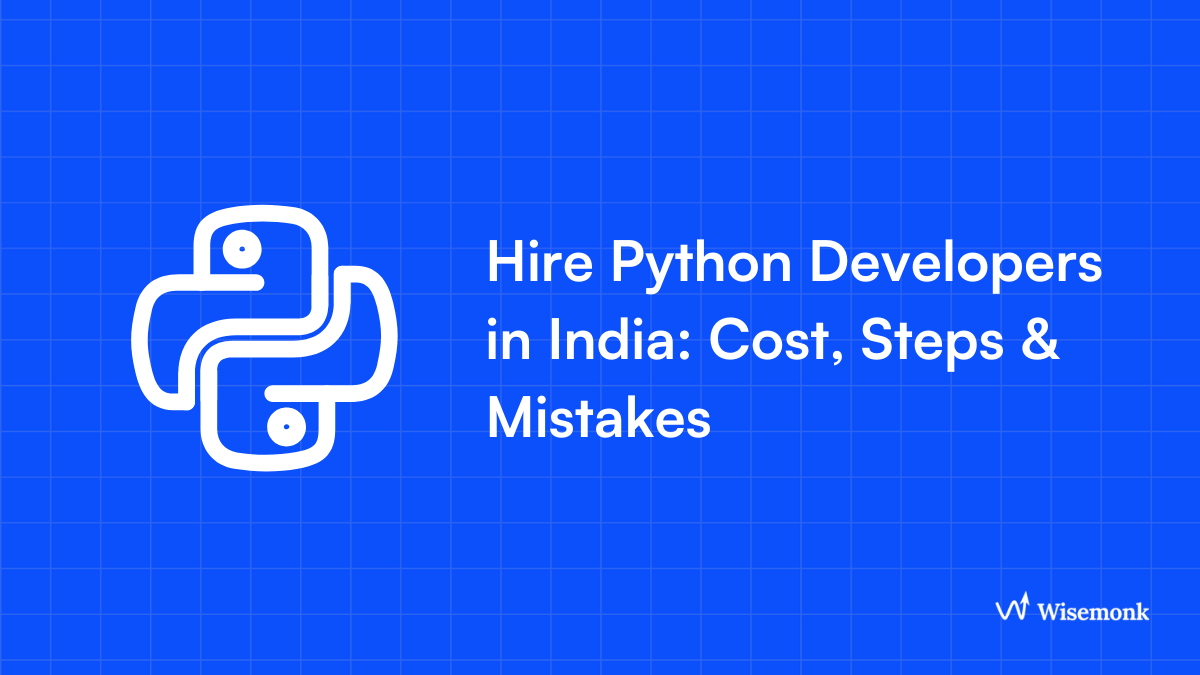


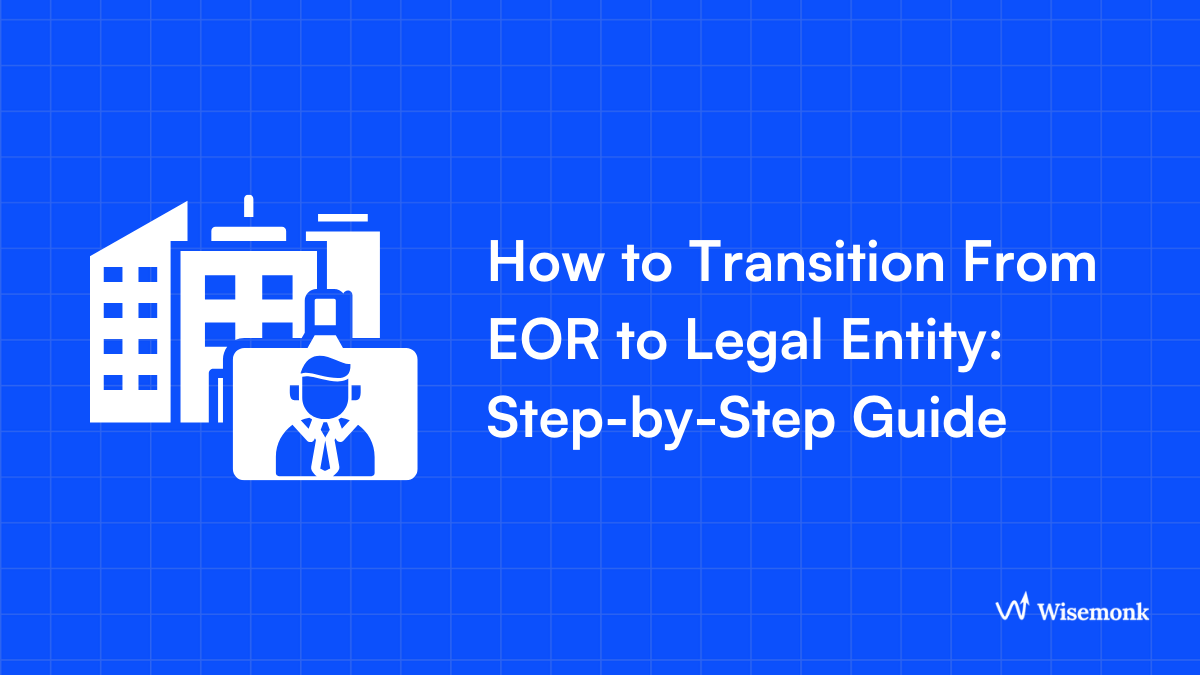
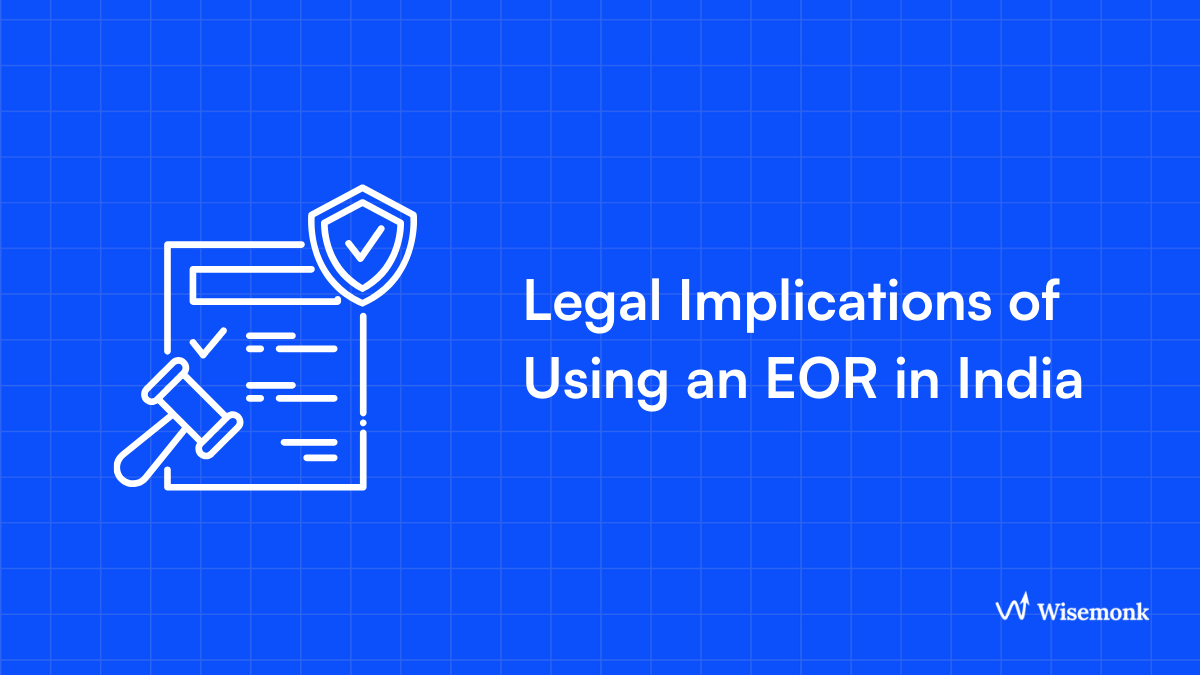
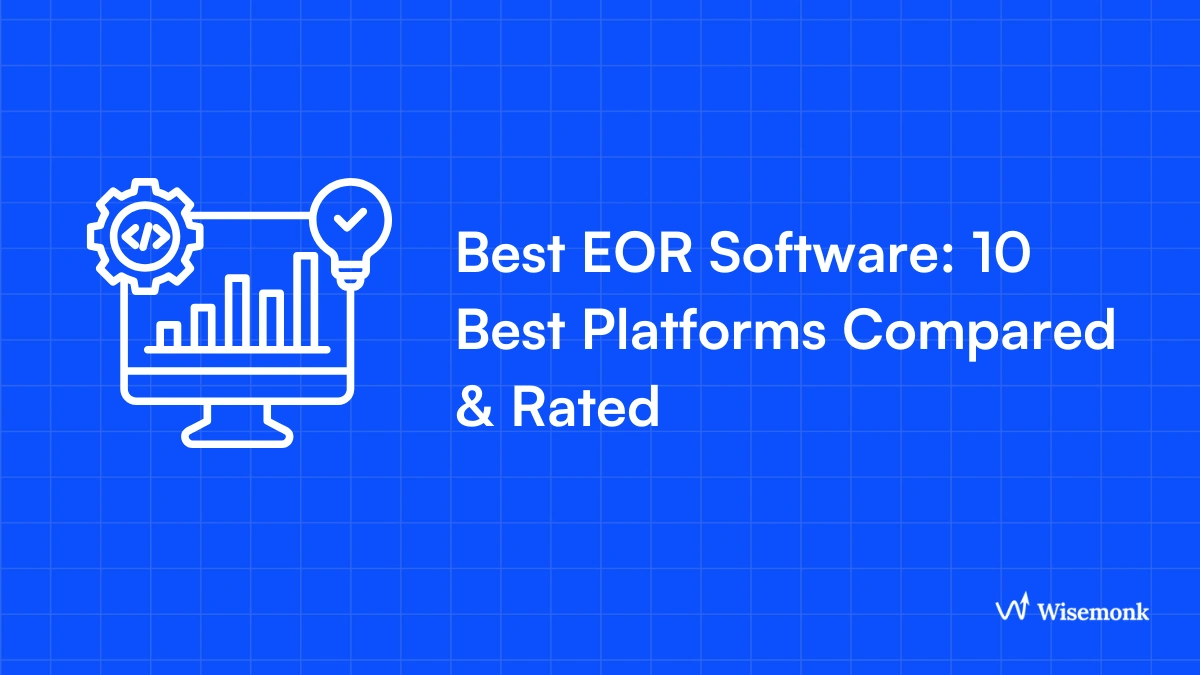
.webp)
.webp)
.webp)

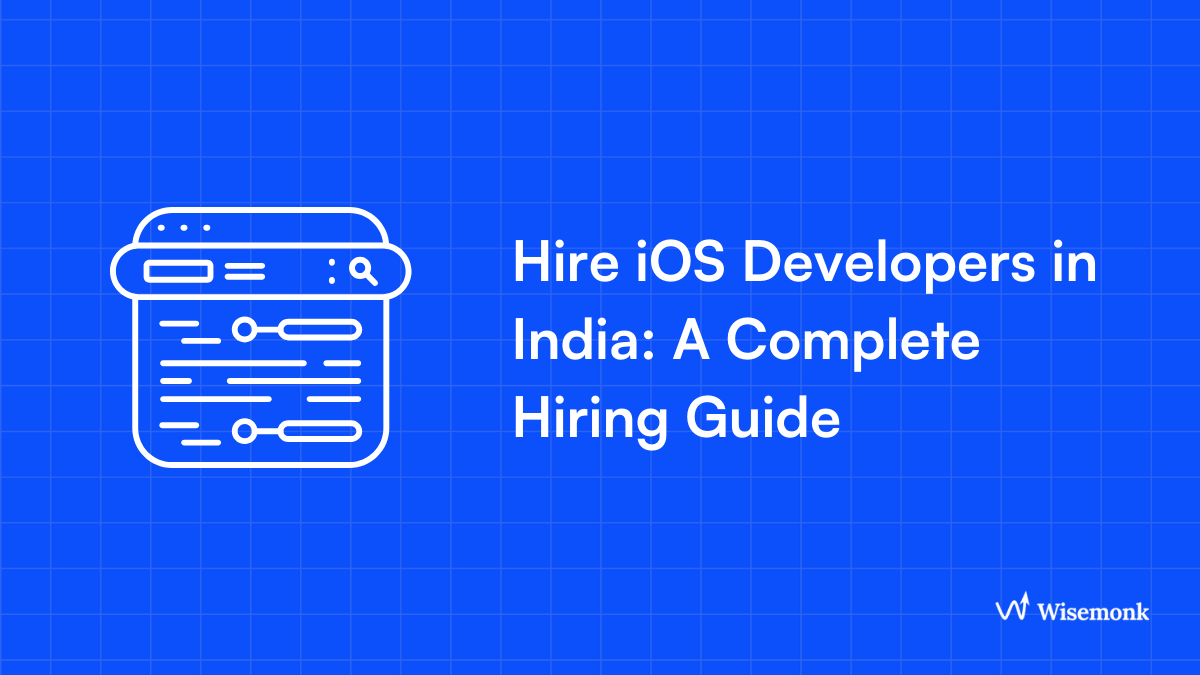



.png)

.png)
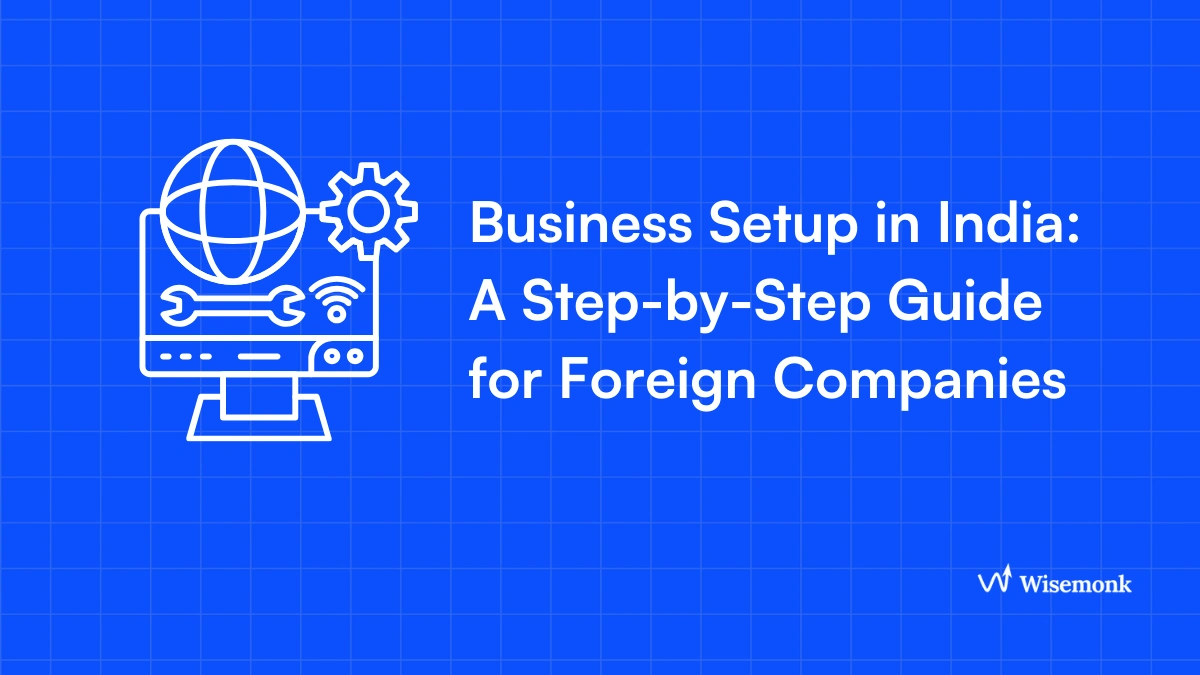
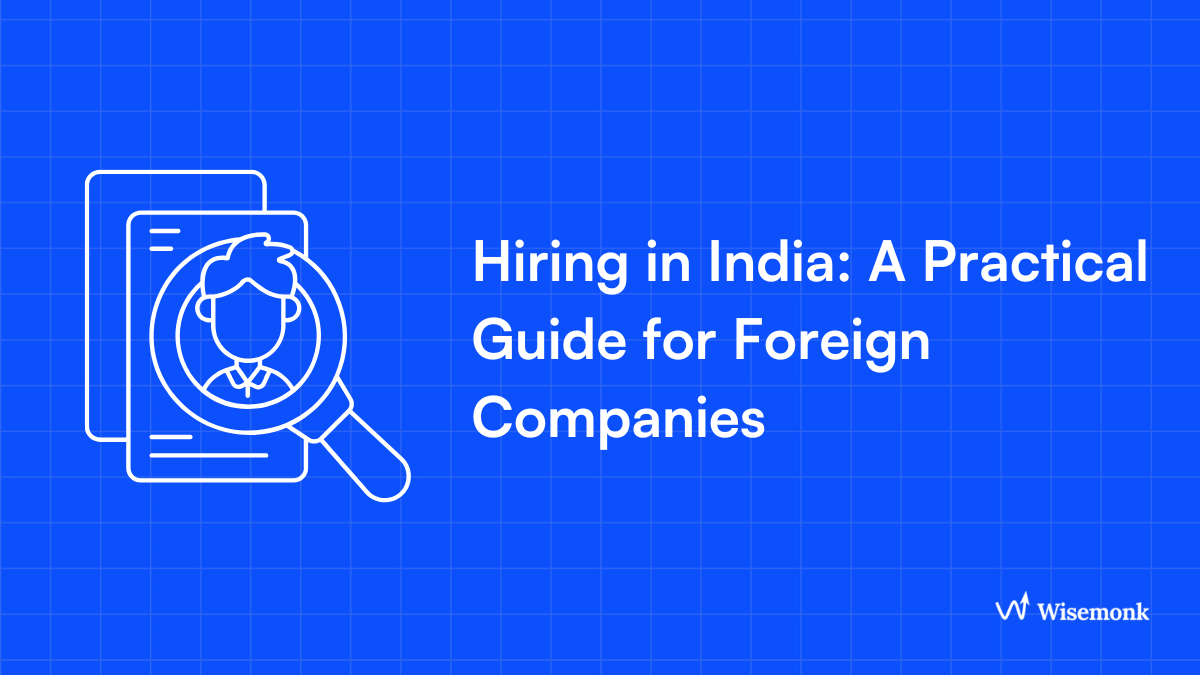



.png)
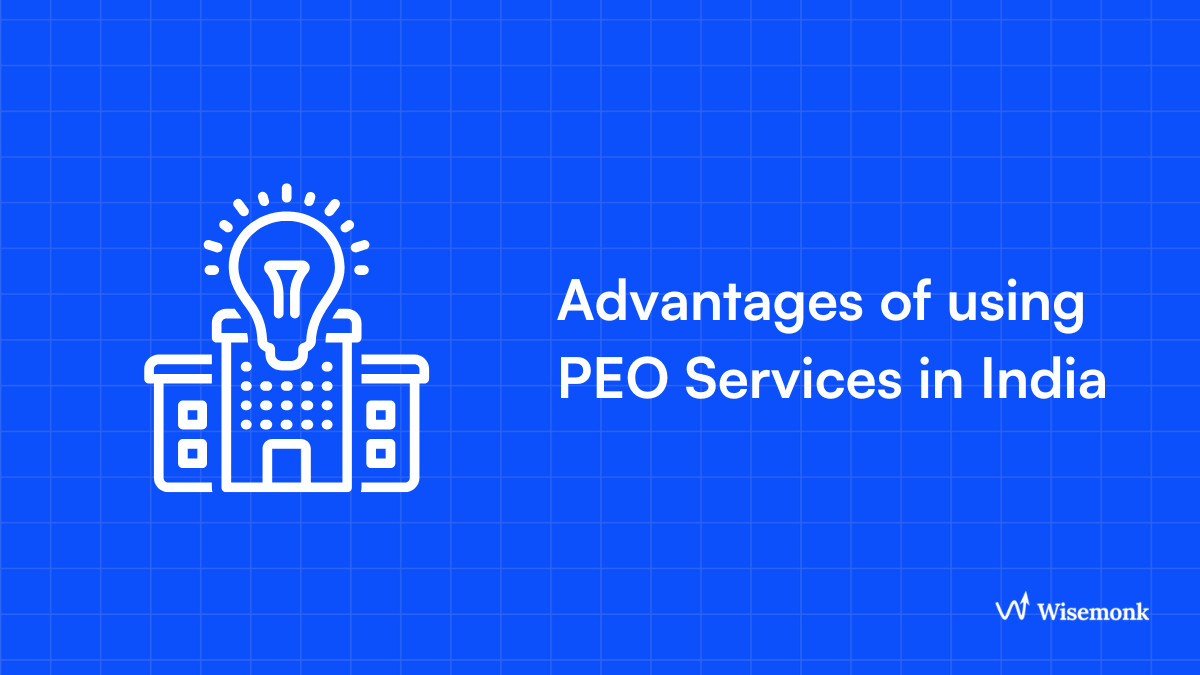




.webp)

%20in%20India.webp)
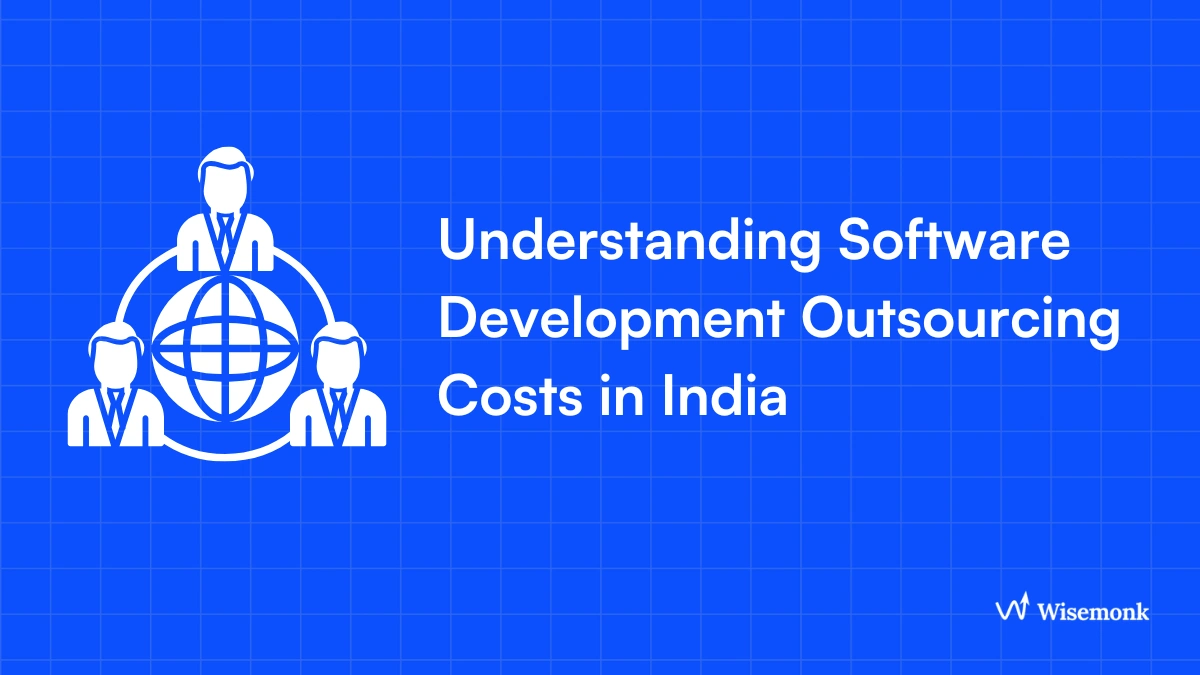
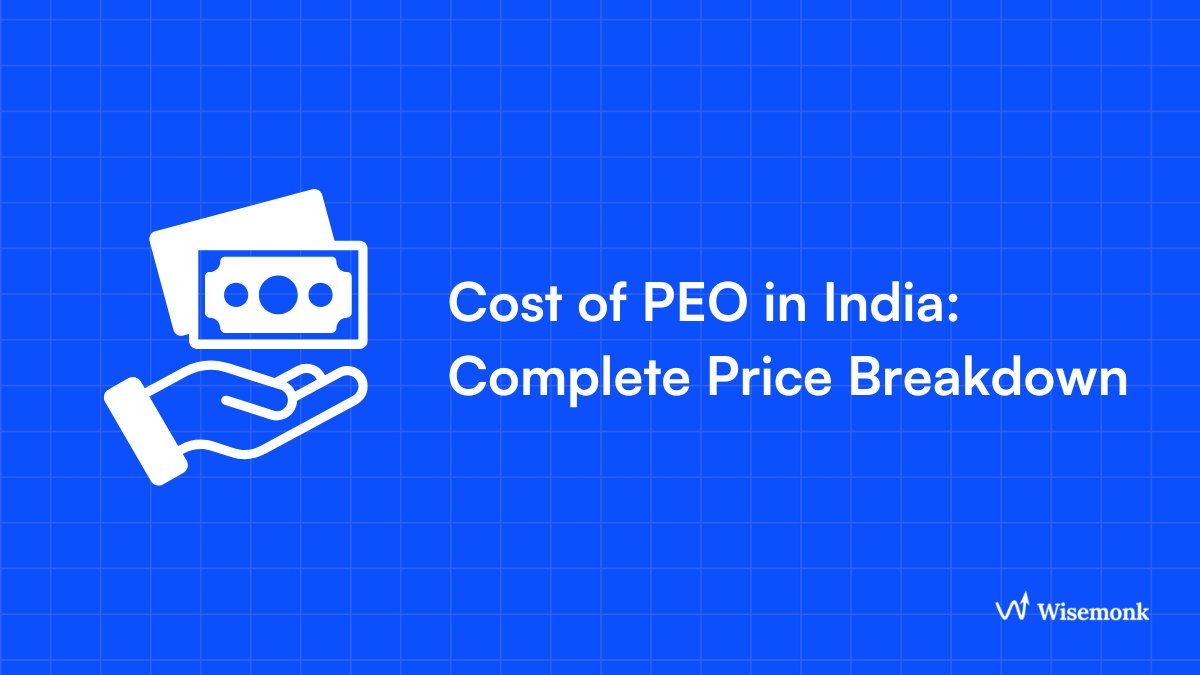
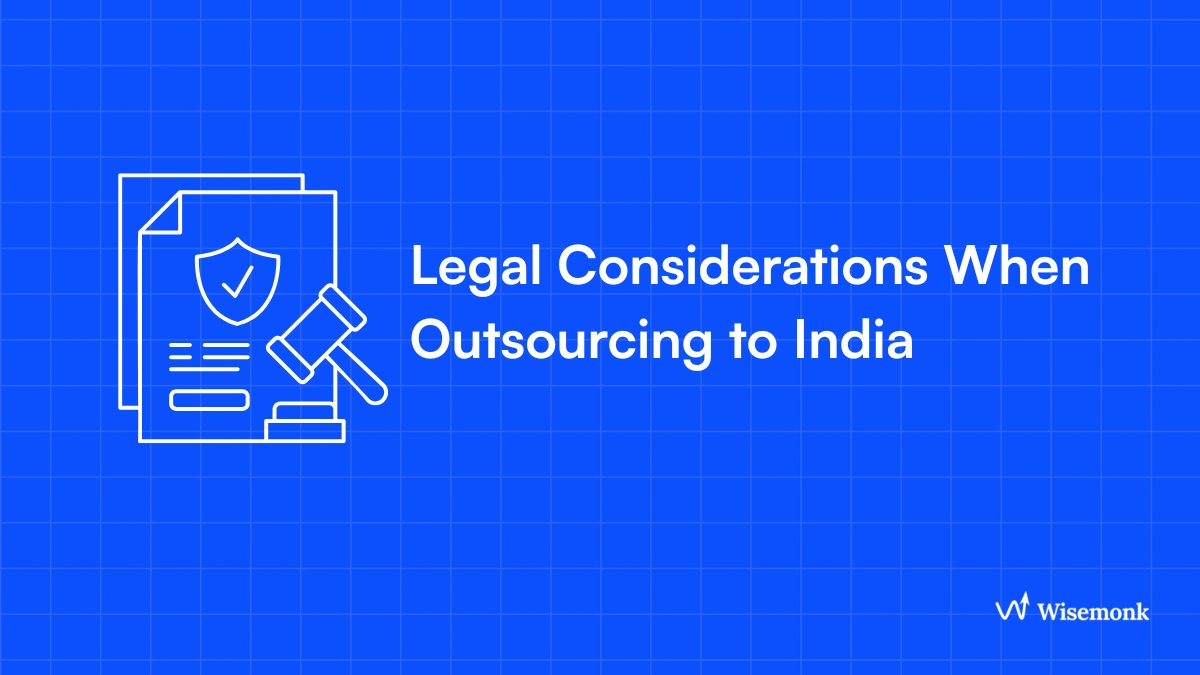
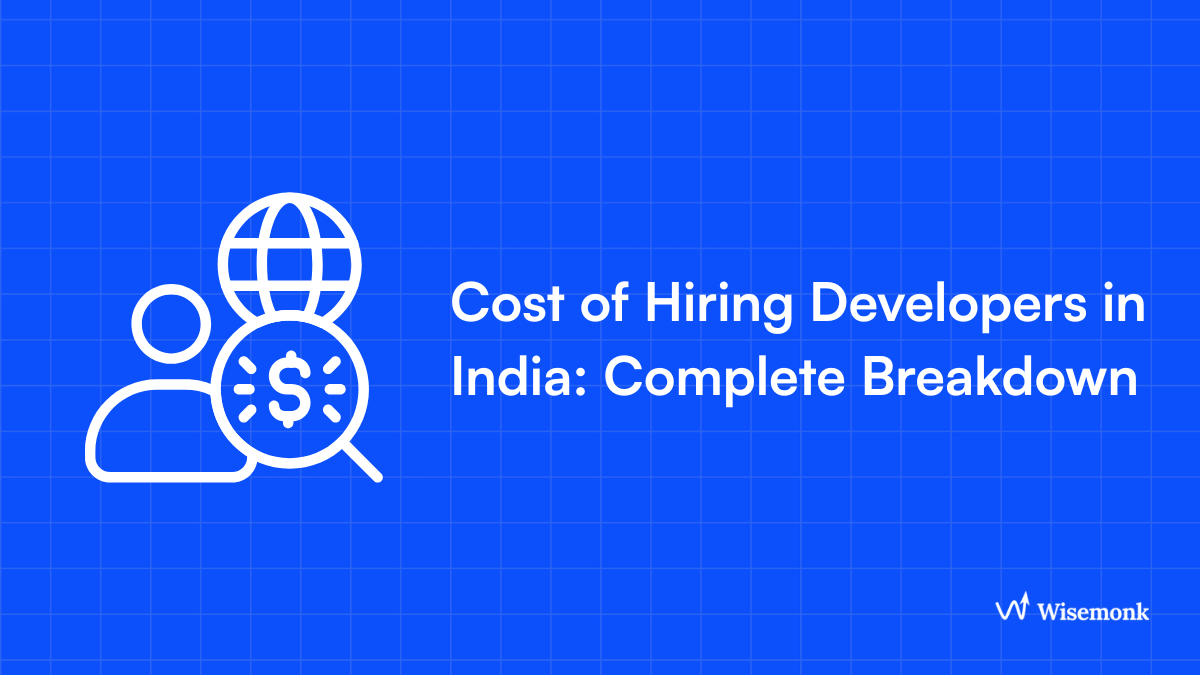

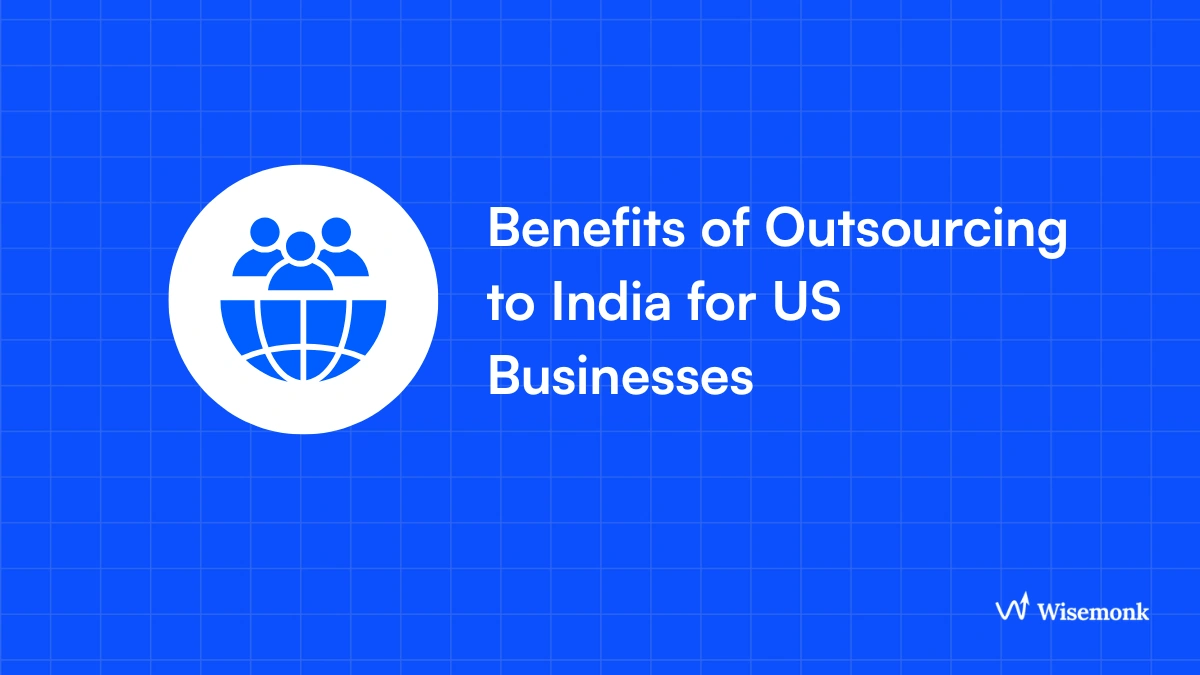

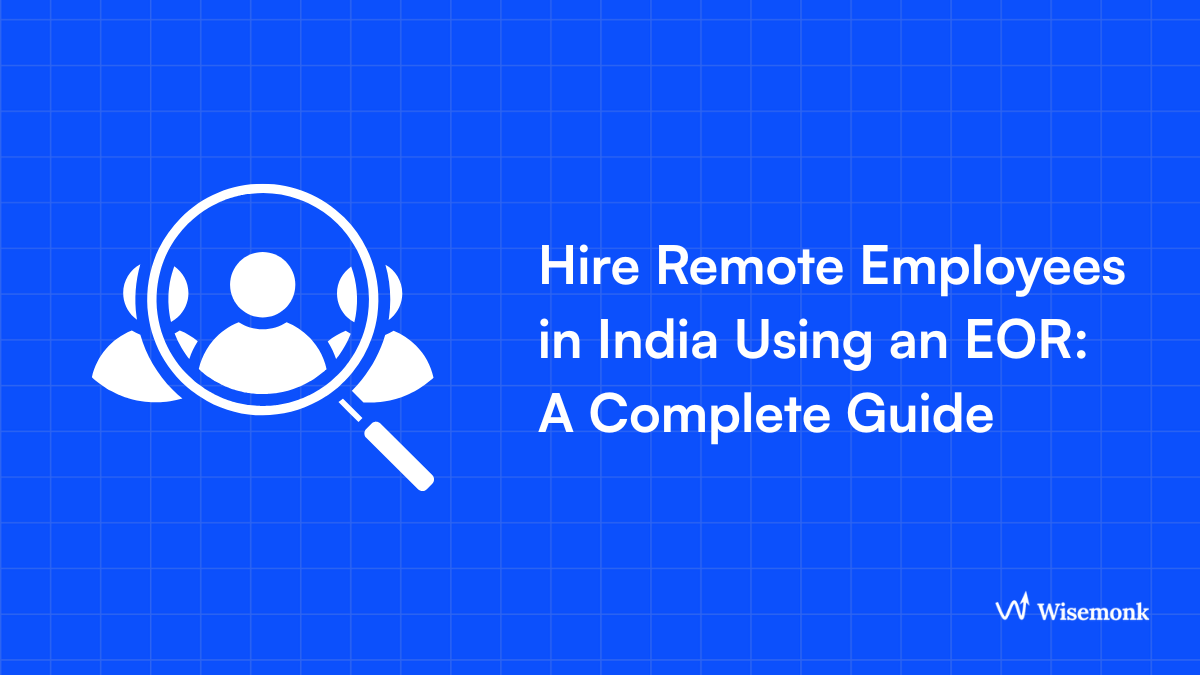


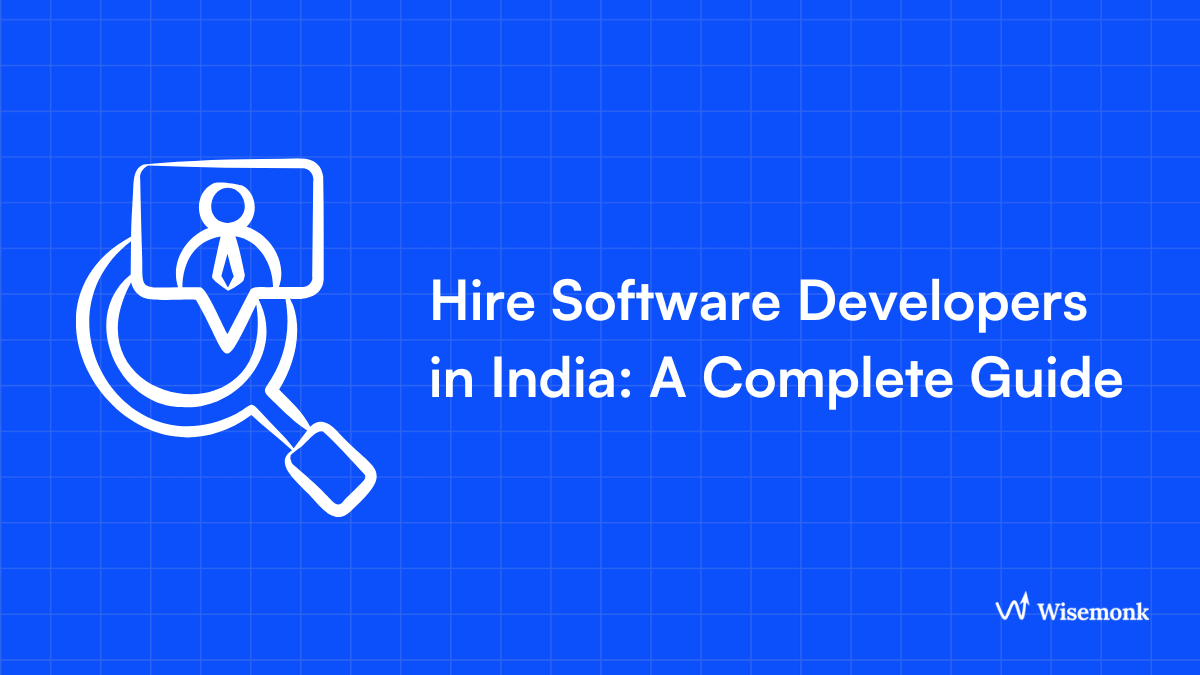
.webp)
.webp)
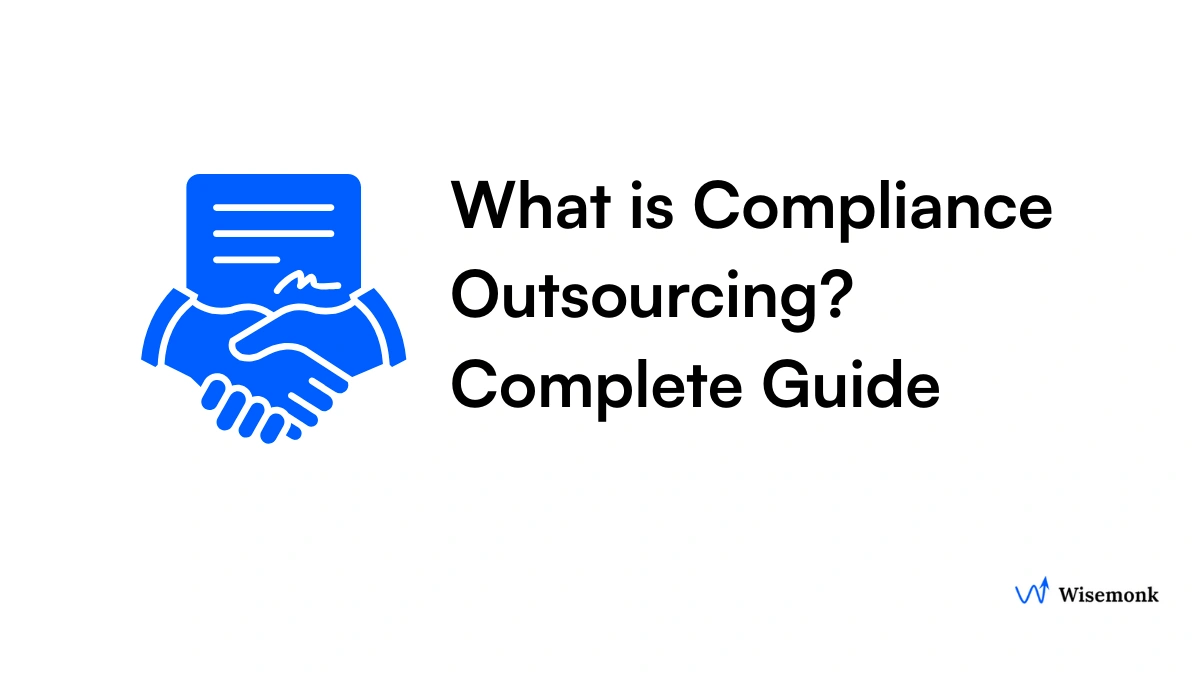


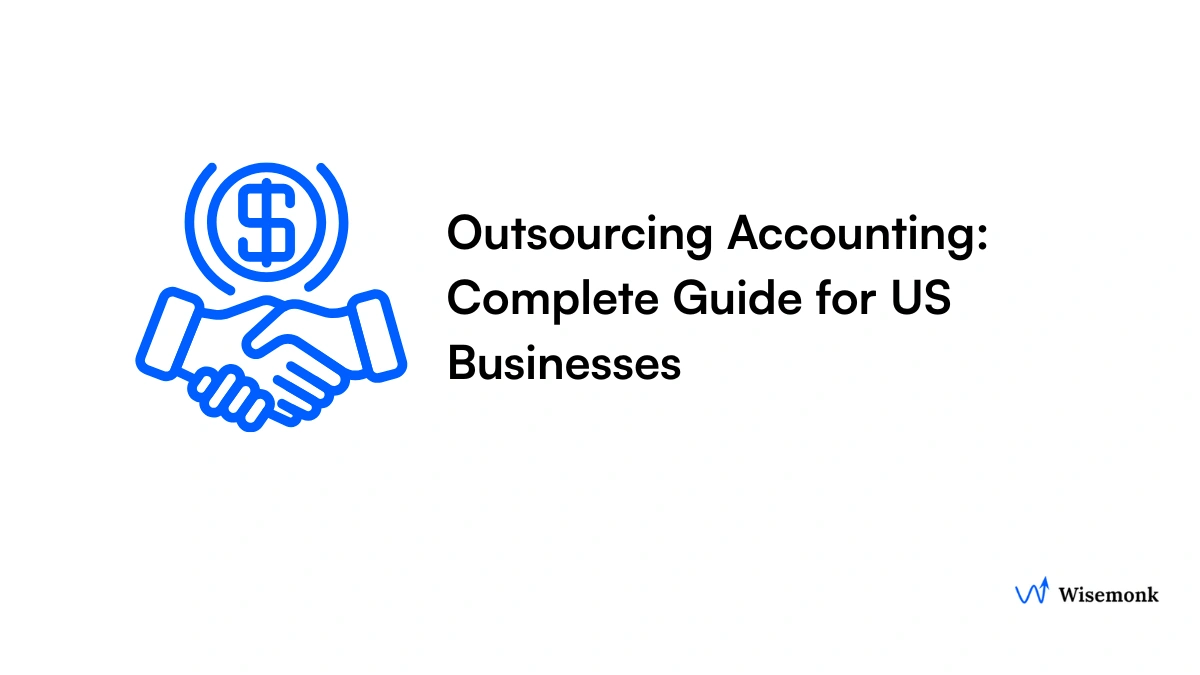
%20(3).webp)
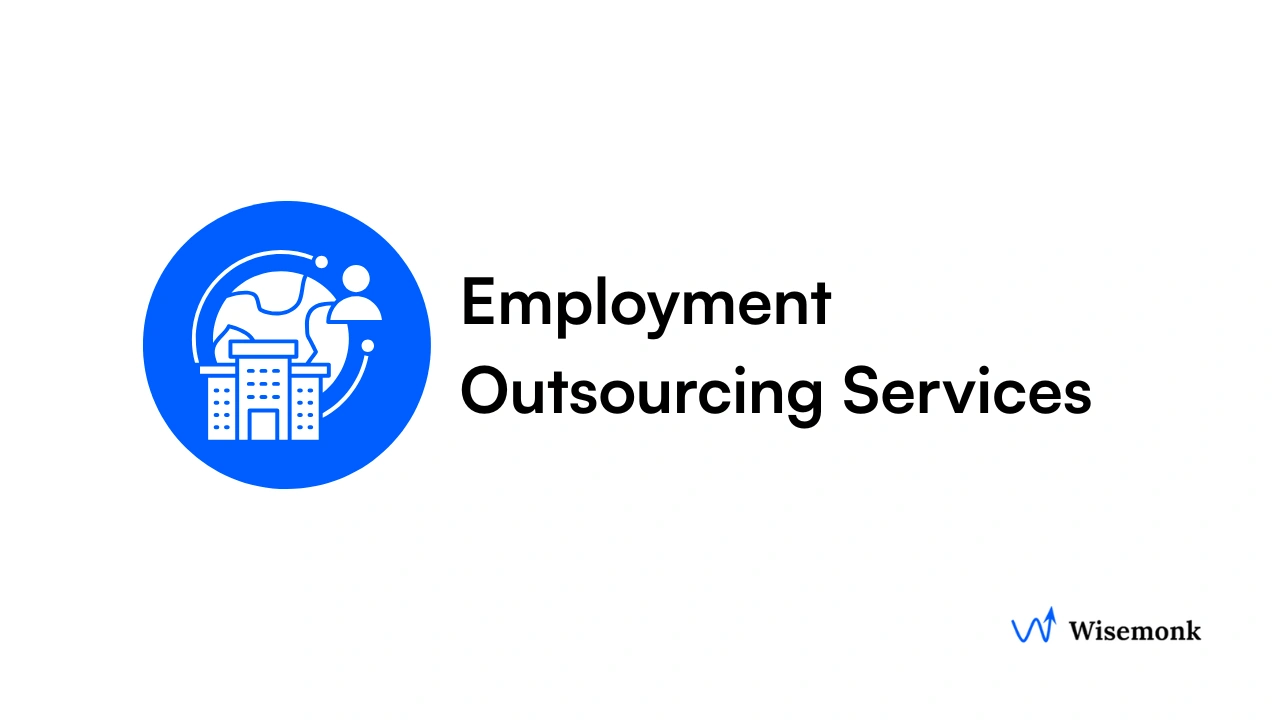
.webp)
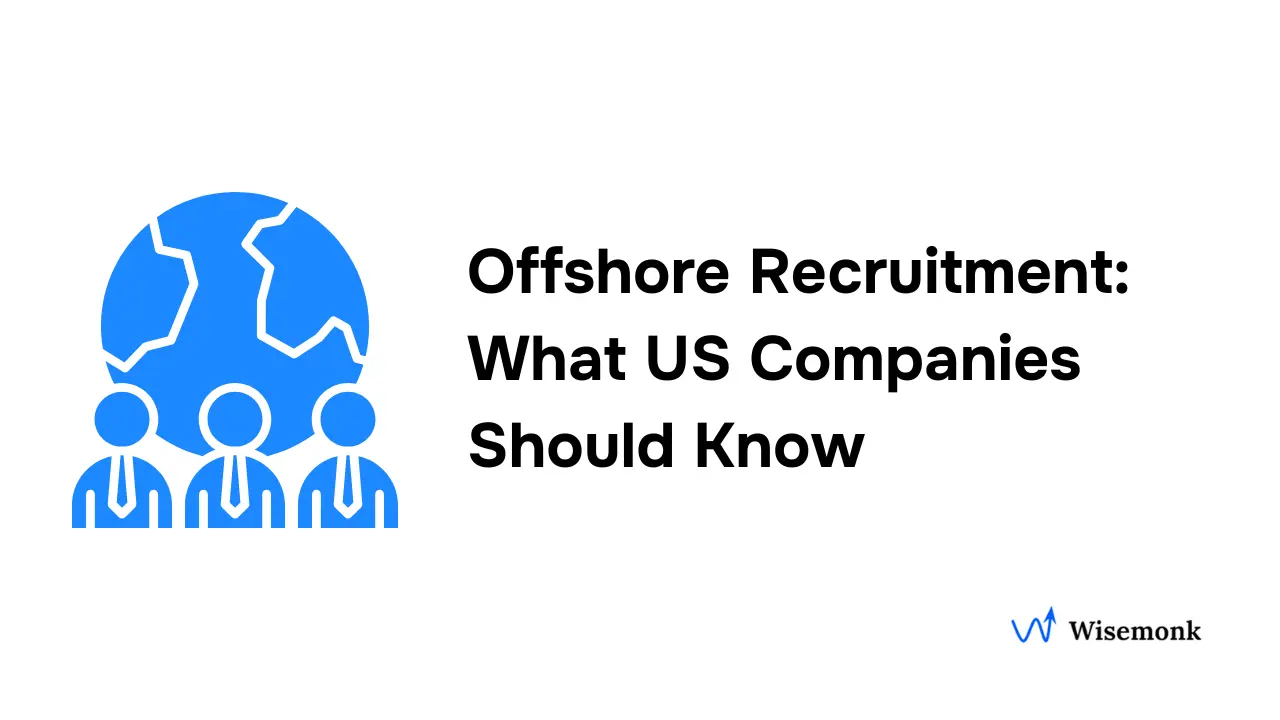

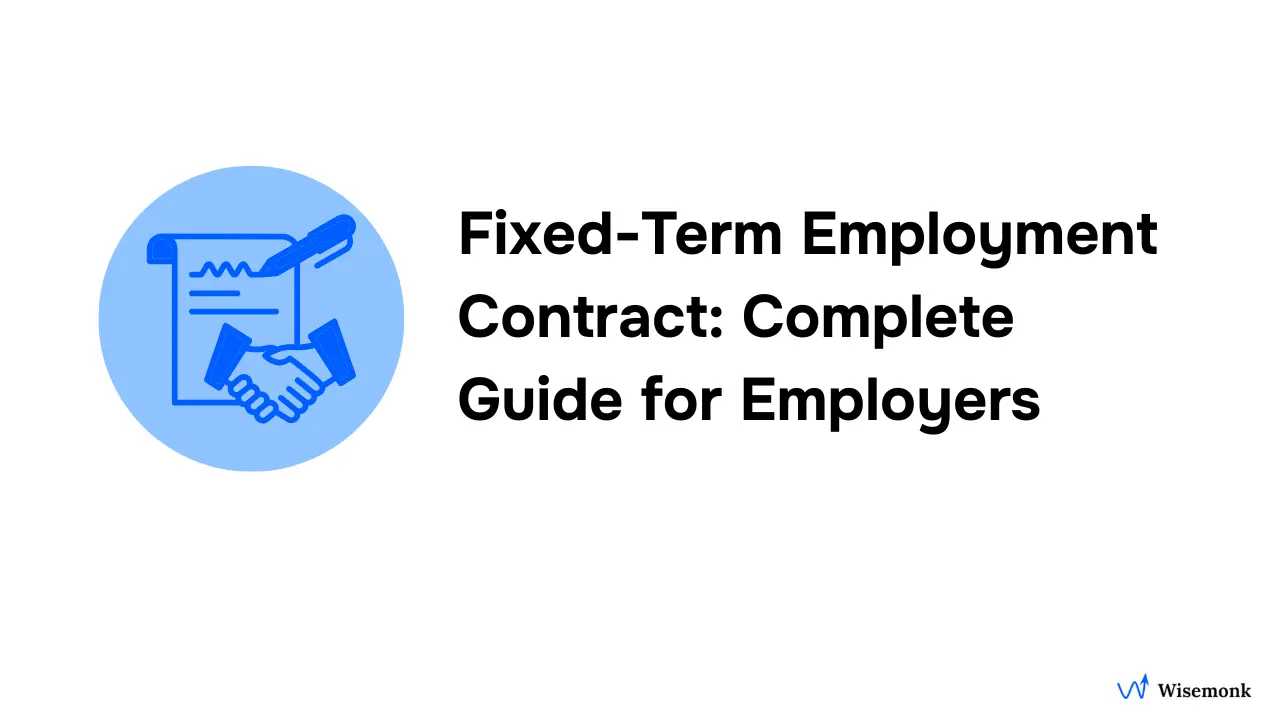
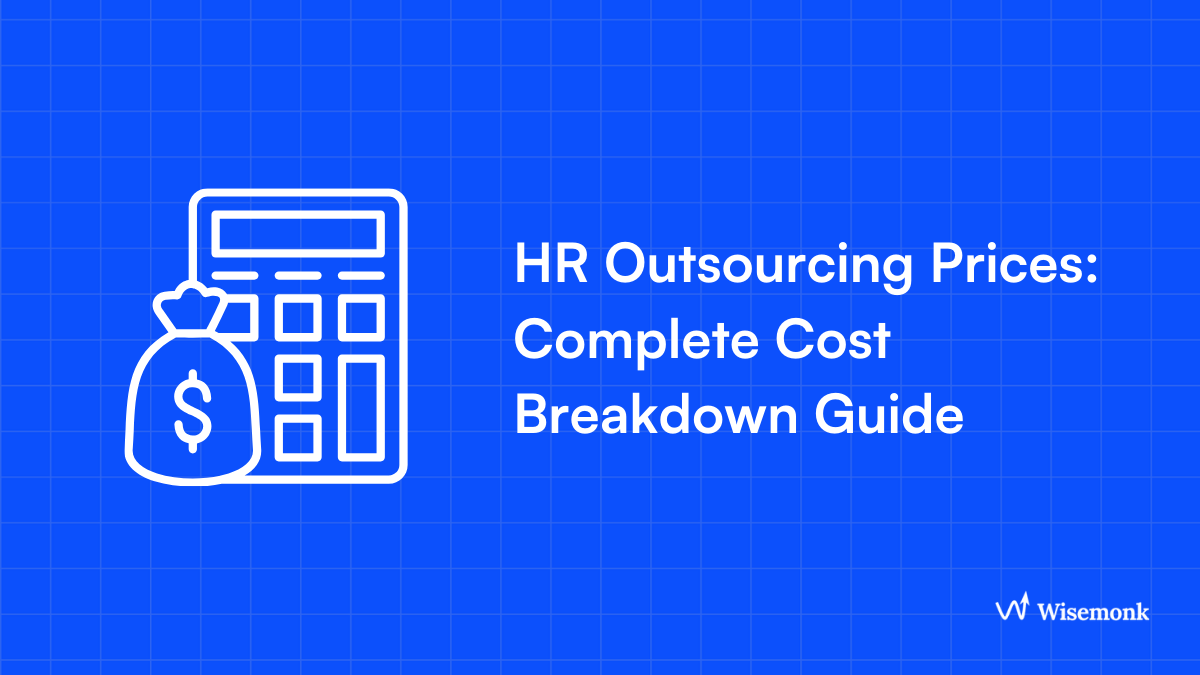
.webp)
.webp)
.webp)

.webp)


.webp)


.webp)

.webp)
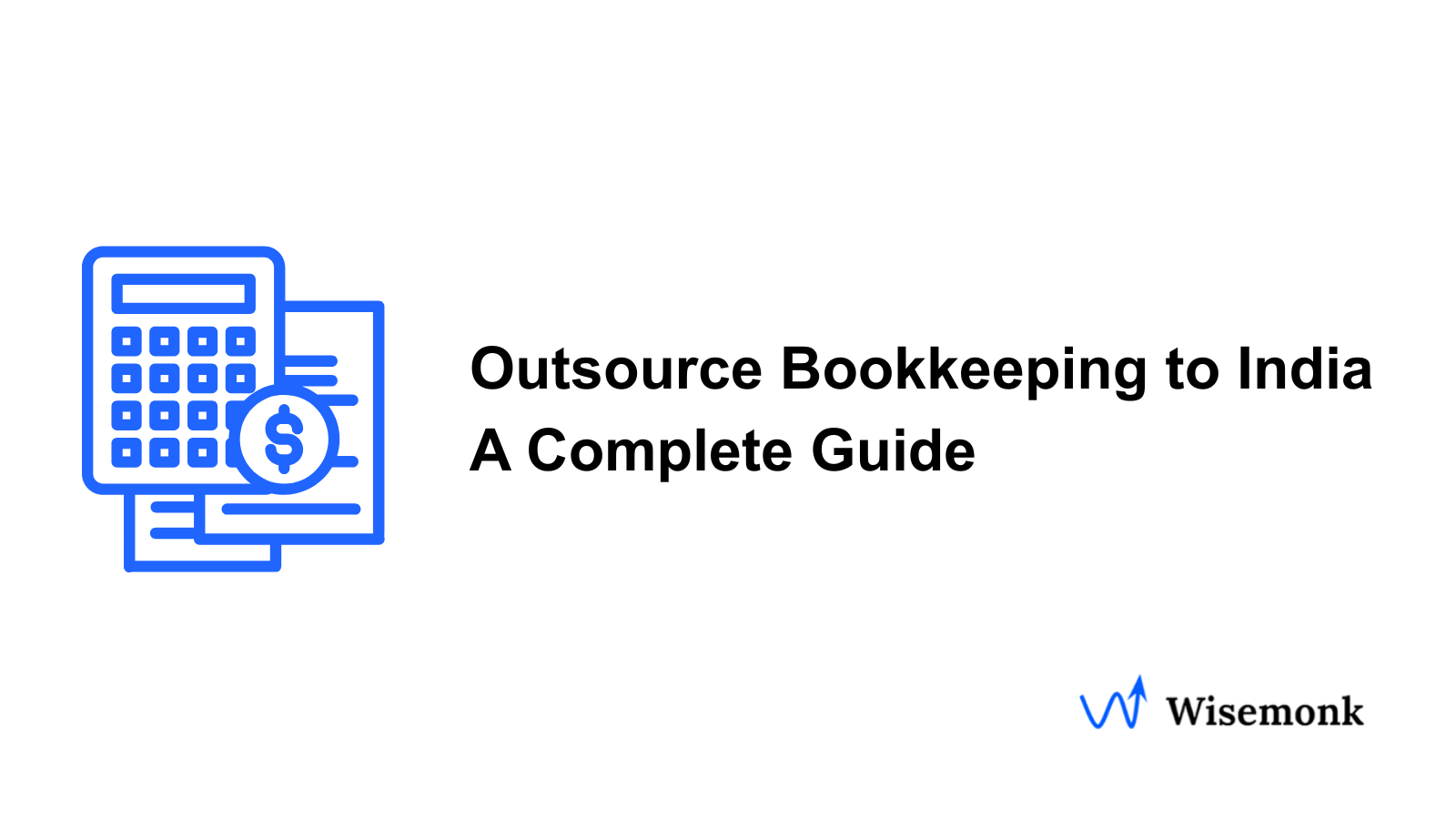
.webp)
.webp)
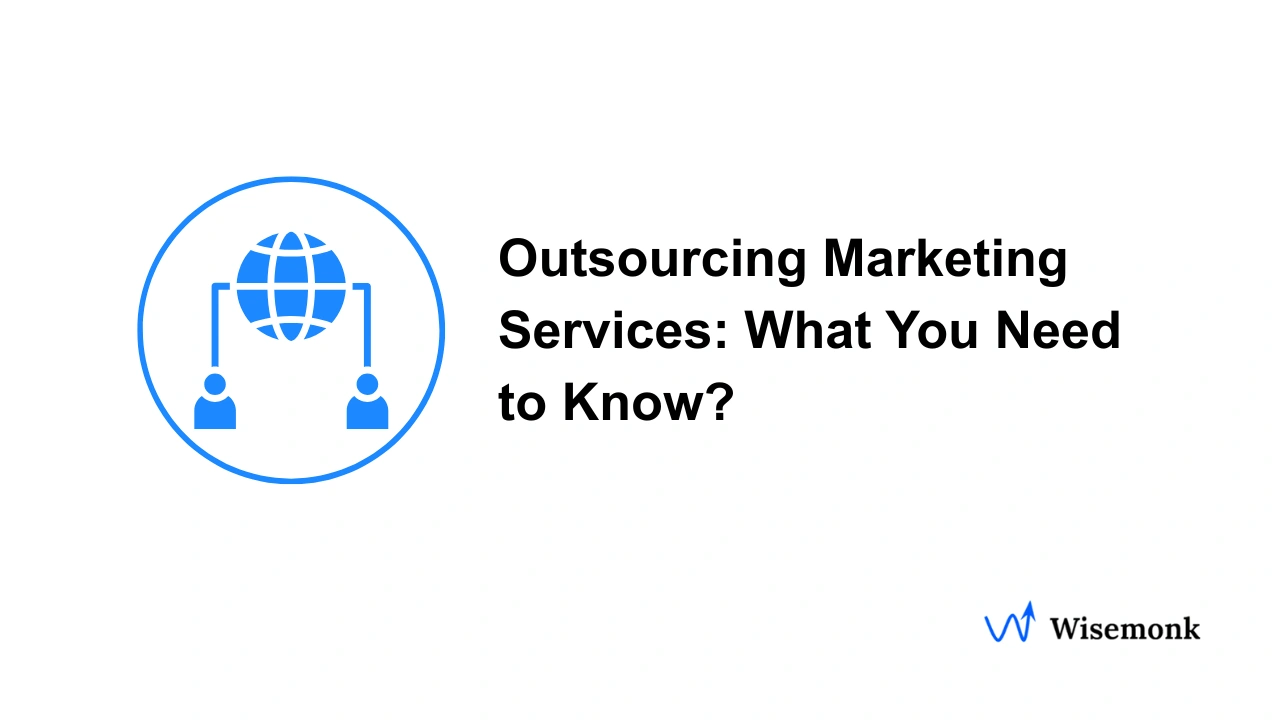
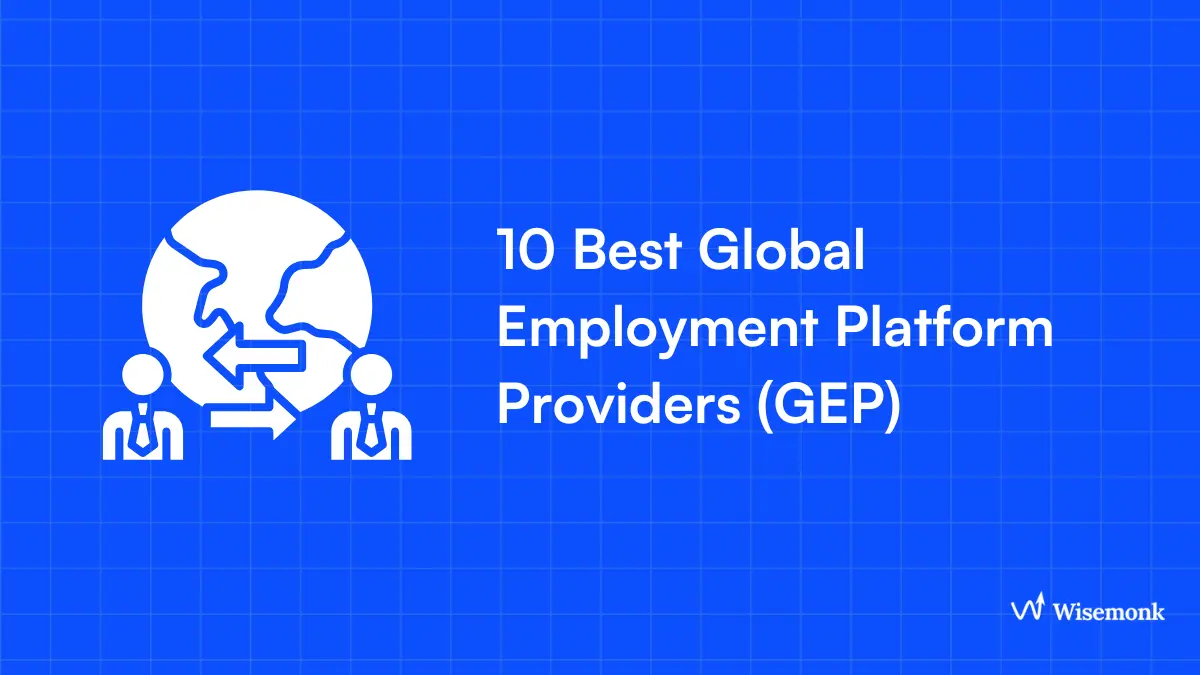
.png)
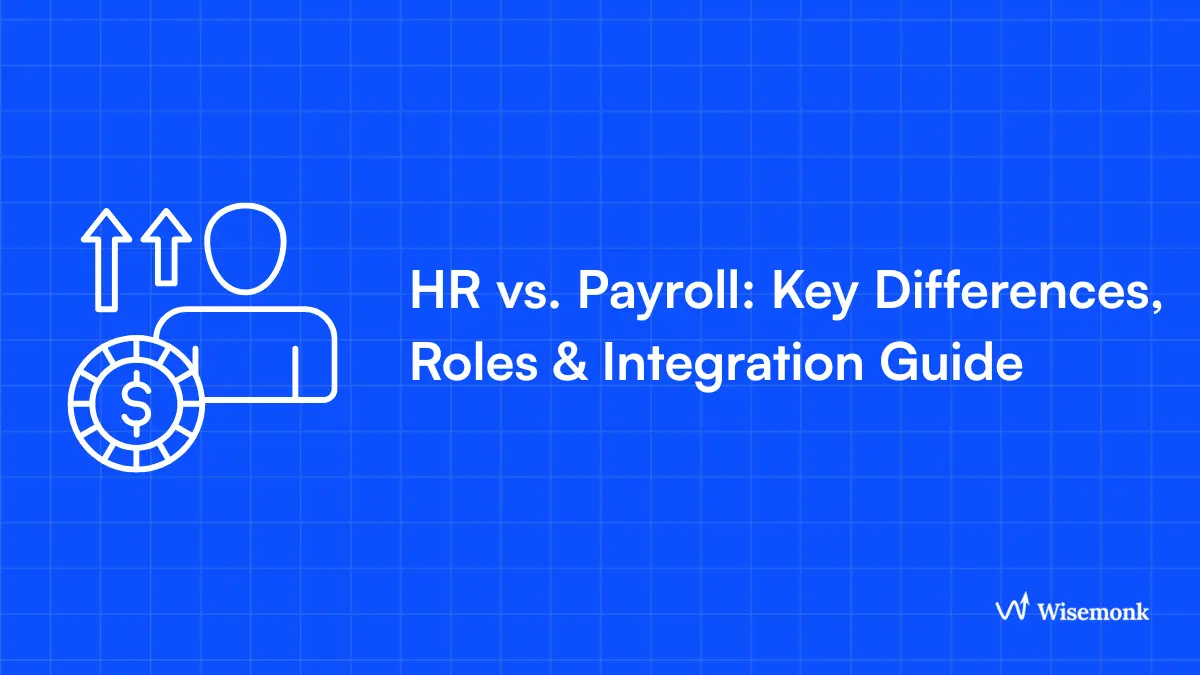

.webp)

.png)